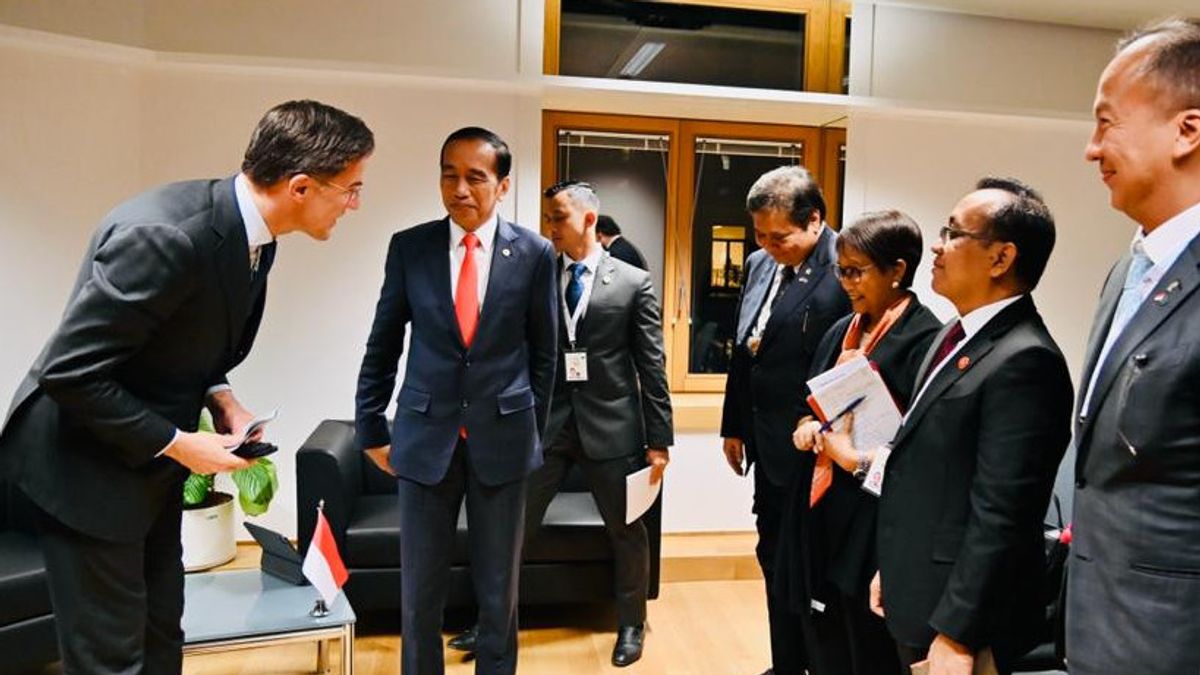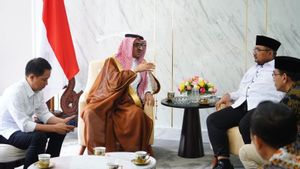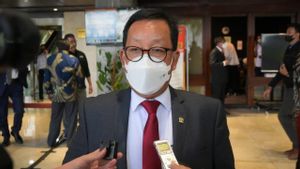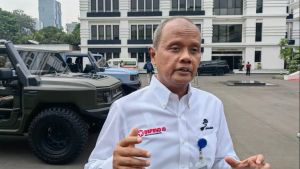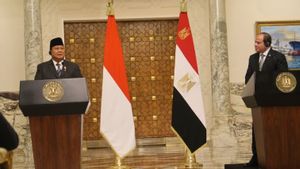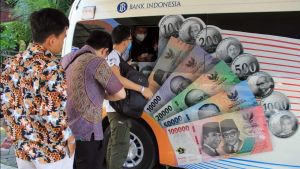JAKARTA - Chairman of the Indonesian House of Representatives, Puan Maharani, respects the Dutch's official acknowledgment of the independence of the Republic of Indonesia (RI) on August 17, 1945. According to her, this statement will be a momentum to strengthen bilateral relations between the two countries.
"This confession will encourage and become a momentum for the two countries in strengthening cooperation in various sectors for a better future," said Puan, Friday, June 16.
The Netherlands previously acknowledged Indonesia's independence through the Roem-Van Roijen Agreement on December 27, 1949. Since now, the Netherlands has not recognized the nation's birthday on August 17, 1945.
However, on June 14, the Dutch Prime Minister (PM) Mark Rutte officially acknowledged Indonesia's independence on August 17, 1945. This confession was conveyed by Rutte during a debate session in the Dutch parliament when discussing the 2014-1950 decolonization study.
"This confession should have been made by the Dutch in the past," said the first woman to serve as Chair of the DPR RI.
Even so, Puan still welcomed the recognition from the Netherlands. Moreover, PM Rutte stated that he would consult further with President Joko Widodo (Jokowi) to see how this recognition can be recognized and applied together.
According to Puan, the Dutch recognition of Indonesia's independence on August 17, 1945 must be conveyed to the younger generation of the two countries. This is important because Indonesia and the Netherlands have historical ties, including many Dutch citizens who have Indonesian lineages.
"History of the Dutch and Indonesian relations needs to be taught and conveyed to the younger generation of the two countries because there are many lineages of our ancestors in the Netherlands," said Puan.
The former Coordinating Minister for Human Development and Culture continued, the struggle of the heroes for Indonesia's independence must always be remembered. Especially before the Dutch recognized Indonesia's independence, said Puan, there was a continuous war marked by the Military Aggression.
"But Bung Karno used diplomatic skills and negotiating skills to fight for international recognition of Indonesia's independence on August 17, 1945," he said.
Puan also reminded that Bung Karno was also famous for his speech which succeeded in raising the spirit of nationalism and fighting for Indonesia's independence in the eyes of the international public.
"Bung Karno's speech has had a major influence in gaining sympathy and support for Indonesia's struggle for independence," explained Puan.
VOIR éGALEMENT:
Furthermore, the proclaimer of Indonesian independence is also said to have played an important role as a political leader and a symbol of resistance against the invaders. According to Puan, Bung Karno's leadership inspired and united the Indonesian people in the struggle against the Dutch colonial forces.
"The political and moral forces he emitted helped strengthen Indonesia's position in achieving its independence recognition," said Bung Karno's grandson.
Puan hopes that the series of war events between Indonesia and the Netherlands in the past will not be used as an obstacle in realizing good relations and cooperation between the two countries.
"The history of the past is expected not to be a barrier to the improvement of relations between Indonesia and the Netherlands in the present and future," concluded Puan.
The English, Chinese, Japanese, Arabic, and French versions are automatically generated by the AI. So there may still be inaccuracies in translating, please always see Indonesian as our main language. (system supported by DigitalSiber.id)
